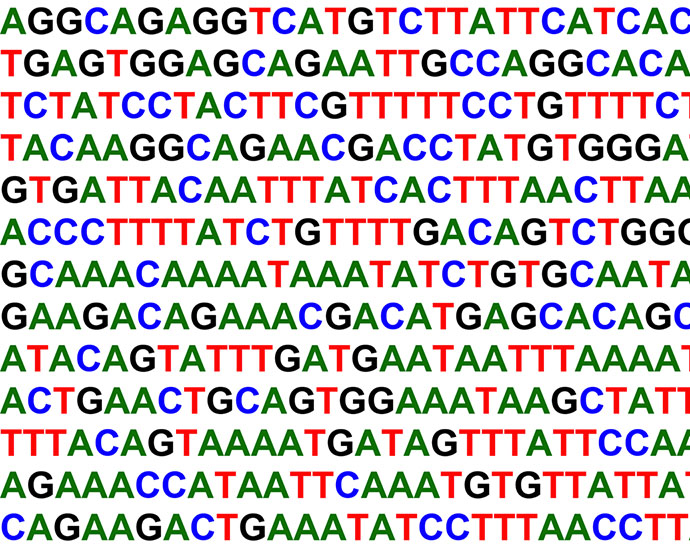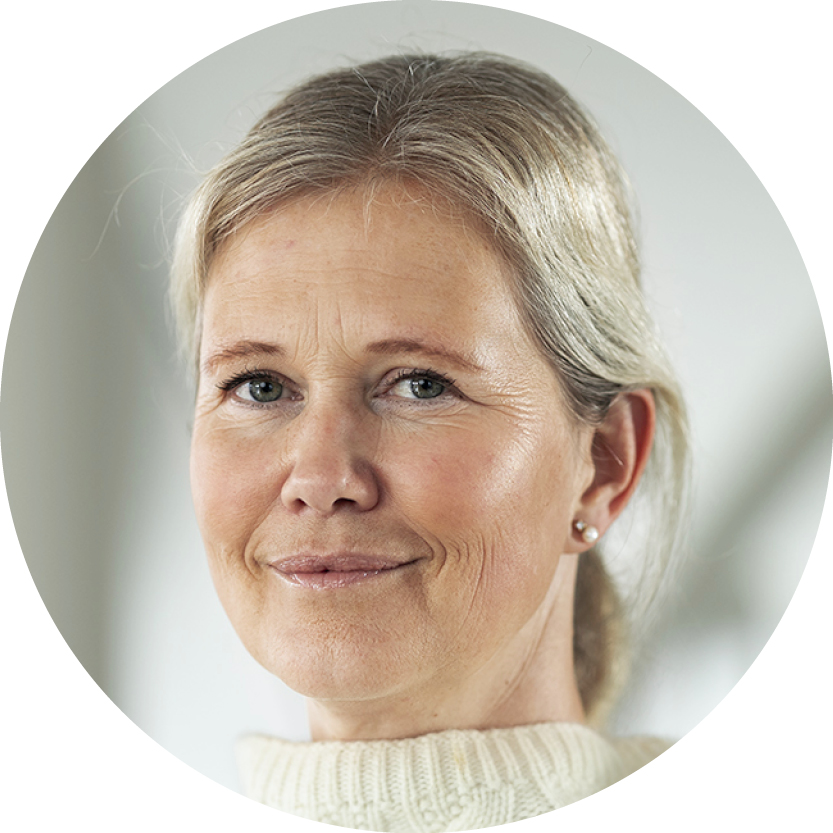22 impactful scientific publications in 2022

In 2022, research groups from all over the world published 22 scientific papers in which data from the Hartwig Medical database was used. Since 2019, a total of 63 papers have been published in impactful peer reviewed journals.
Some illustrative examples from 2022 are:
- Feasibility of whole genome sequencing based tumor diagnostics in routine pathology practice in the Journal of Pathology describes the end results of the WIDE-study. Kris Samsom et al. demonstrated in a study with more than 1,000 patients that whole genome sequencing is feasible and reliable in daily clinical practice and has added value for routine diagnostics and treatment options for individual patients.
- Clinical impact of prospective whole genome sequencing in sarcoma patients in Cancers. Luuk Schipper and prof. dr. Winette van der Graaf showed that whole genome sequencing data was highly effective for improving sarcoma diagnosis and (sub)type classification. Previously made diagnoses were changed in 14% of all tumors that were reevaluated using WGS as part of the WIDE study. In part of these cases, this also resulted in a change of treatment plan. The authors also showed that the diagnostic approach used identified patient-specific targeted treatment options, based on which patients were enrolled in clinical studies with experimental treatments.
- Complete genomic characterization in patients with cancer of unknown primary origin in routine diagnostics in ESMO Open: In this work, Luuk Schipper et al describe an algorithm for determining the tissue of origin of a tumor and its application in cancer diagnostics. This algorithm could be developed using the large amount of data from the Hartwig database and was used prospectively in patients with cancer of unknown primary (CUP) in routine diagnostics. In a cohort of 76 CUP patients, application of WGS and the algorithm resulted in a definitive tumor type diagnosis in more than 2/3 of all patients and in ~50% of patients a potentially actionable mutation was identified. 25% of patients could start a matching treatment that otherwise would not have been possible.
- In Implementation of Whole-Genome and Transcriptome Sequencing Into Clinical Cancer Care in JCO Precision Oncology an international panel of 25 experts with different backgrounds provides an overview of the needs as well as the challenges that need to be overcome for the implementation of whole-genome sequencing (WGS) and whole-transcriptome sequencing (WTS), jointly abbreviated as WGTS, in oncological care. First author, Edwin Cuppen (scientific director Hartwig Medical Foundation) and co authors see WGTS as a single comprehensive test that can be used for all tumor types and which provides at least as much relevant information as a cascade of tests that are currently used.
Hartwig Medical Foundation is a non-profit foundation. We strive to ensure that every patient with cancer receives the treatment that best suits her or him.
More information
- All scientific publications in leading journals, based on data from the Hartwig Medical database
- All approved data requests
- Available data in the Hartwig Medical database for scientific research
- Data access request Hartwig Medical database
Also read

Join us for an evening of Healthcare Tech innovation with Hartwig Medical Foundation and GCUG
Calling all software developers and tech enthusiasts 🚀 Hartwig Medical Foundation partners with Google Cloud User Group (GCUG) to bring …

SAGE: New algorithm for analysis of tumor DNA reveals mutations previously not found
At Hartwig we “analyse sequenced tumor DNA”. This is something we try to continuously improve. These analyses are shared with …

Actionable metastatic cancer genome is remarkably stable over time, despite treatment with drugs
A one-time analysis of the entire tumor DNA is almost always sufficient to find all DNA errors that may be …

I know how important knowledge of hereditary predisposition to cancer can be. This is why I think it is so important that comprehensive patient reports include precisely that carrier information, if the patient wishes to be informed of it.